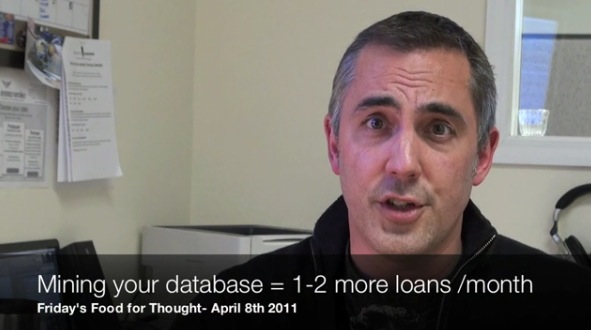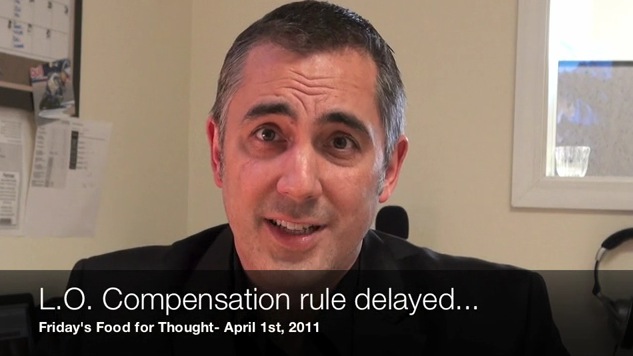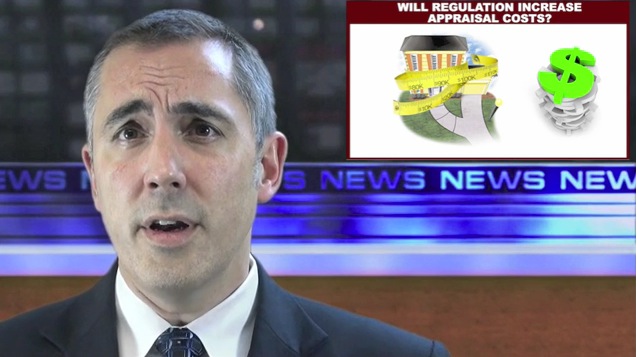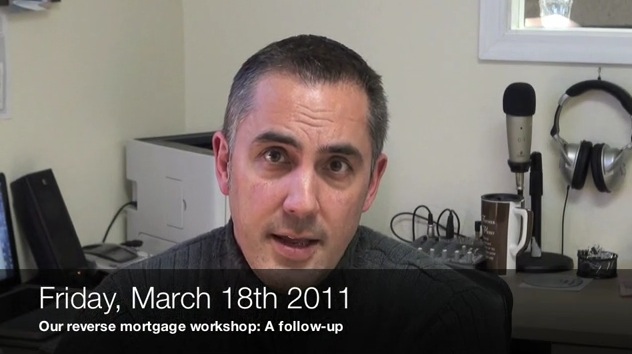[vimeo id=”22454879″ width=”601″ height=”338″]
Friday’s Food for Thought: Mining your database (crm)
Back in time: HUD rolls back 2008 non-recourse letter
[vimeo id=”22132025″ width=”601″ height=”338″]
California RM originators with insurance license dodge a bullet
The bottom line, if your hold an insurance license and originate your in the clear, just act ethically and don’t cross-sell.
Continue readingIs there a silver lining?
UPDATE: On Thursday March 31st the US Court of Appeals granted a temporary administrative stay delaying the rule at least until April 5th at which time there will be a hearing.
Continue reading






